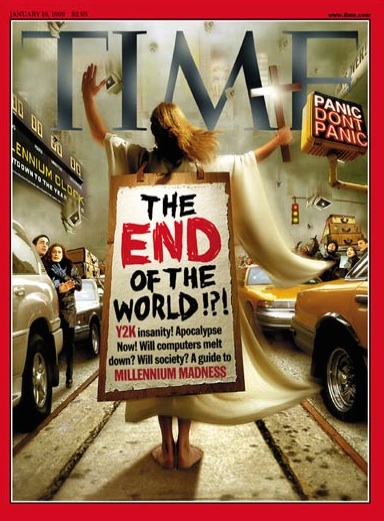Earlier this year I wrote a report on “Cleaning Up the Regulatory Toolshed,” to discuss the importance of North Carolina’s 2013 reform that instituted sunset provisions with periodic review of regulations. As I explained,
Without review, old rules can clutter up the regulatory “toolshed.” Rules can be — or become — unclear, unnecessary, outdated, obsolete, unduly burdensome, ineffective, and inefficient. Agencies might not even remember why they adopted them in the first place.
As rules pile up, they can become real obstacles to economic growth. …
[C]utting red tape and keeping regulatory burdens light and up-to-date are important for economic growth — personal income growth, too. A sunset with periodic review makes agencies drag old rules out of the toolshed, dust them off, and determine if they’re actually needed.
Back in 2013, in discussing why sunset provisions with periodic review would be a good reform for policymakers to adopt in North Carolina, I wrote:
Once a regulation is imposed, however, it can linger. As Pres. Ronald Reagan observed, “No government ever voluntarily reduces itself in size. So governments’ programs, once launched, never disappear. Actually, a government bureau is the nearest thing to eternal life we’ll ever see on this earth.”
Doing no harm with regulation necessarily needs an answer to rules going on in perpetuity. Regulations can outlive their purposes, pose unforeseen negative consequences, or otherwise have a pernicious rather than beneficial effect, but they can persist despite it all because of special interests and the difficulty in revisiting them.
 President Trump’s ongoing deregulation efforts just gave us a hilarious example of a government program lingering, far outliving its original purpose. Bloomberg reports:
President Trump’s ongoing deregulation efforts just gave us a hilarious example of a government program lingering, far outliving its original purpose. Bloomberg reports:
Seventeen years after the Year 2000 bug came and went, the federal government will finally stop preparing for it.
The Trump administration announced Thursday that it would eliminate dozens of paperwork requirements for federal agencies, including an obscure rule that requires them to continue providing updates on their preparedness for a bug that afflicted some computers at the turn of the century. As another example, the Pentagon will be freed from a requirement that it file a report every time a small business vendor is paid, a task that consumed some 1,200 man-hours every year.
“We’re looking for stuff everyone agrees is a complete waste of time,” Office of Management and Budget Director Mick Mulvaney told reporters at the White House. He likened the move to the government “cleaning out our closets.”


